Year-End Sales Report: Honda
At least in the insular world of the automotive media, 2010 may well go down as “The Year Honda Lost Its Mojo.” The Motor Company’s first 2010 model-year launch, the Accord Crosstour failed to get off the ground last year, and the much-hyped CR-Z hybrid coupe launched to thoroughly mixed reviews. In fact, the new 2011 Odyssey seems to be Honda’s first big new launch in the US since the latest Accord debuted in 2008, although it’s not clear how many of the Oddy’s 10,147 December sales were leftover 2010 models. And after Acura’s 2009 model-year beak-ification, Honda’s luxury division launched only one new model, the ZDX, which sold a paltry 3,259 units last year. In short, Honda seems to have pulled off only one legitimate hit in its last five launches (including 2009’s Insight flop)… but unlike some other automakers, the big H isn’t dependent on novelty to move metal. Underneath Honda’s string of missteps are some fairly sound fundamentals… as well as signs that change needs to happen soon.
The aging Civic saw a similarly flat year, with volume rising just .2% to 260,218 units. But again, Honda’s official reckoning is misleading, as it claims a .8% improvement (likely due to sales of 7,736 outgoing Civic Hybrid models). We’re used to this kind of number goosing from other automakers, but not Honda… and it underlines the fact that Honda knows 2010 was not a great year. And speaking of Civic Hybrid, the Insight that replaced it continues to be an unqualified disappointment, moving only 20,962 units, only 5,483 units more than the Civic Hybrid sold in 2009.
Luckily, Honda had a decent supporting cast of six-figure sellers in 2010, led by CR-V which moved 203,714 units last year, a 7.2% improvement over last year. Odyssey added 108,182 units, an 8.7% bump, and Pilot moved 102,323 units, a 22.8% improvement. Ridgeline and Element combined for just over 30k units. On the other hand, Fit fell 18.7% to 54,354 units and CR-Z sold only 5,249 examples. This meant that, as a whole, Honda-branded cars were down 1.3%, while Honda’s “light trucks” were up 16.5%. Still, Honda sold about 16k more cars than light trucks last year.
Acura also sold more cars than trucks in 2010… but the margin was only 129 units. TL sold 34,049 units, a 1.3% bump, while TSX sold 32,076, a 12% increase. RL continued to be a non-player at 2,037 units for the year, a six unit drop compared to 2009. MDX took Acura’s volume crown, moving 47,210 units, a 51.4% increase. RDX sold only 14,975 units, a 47.5% increase. As noted earlier, ZDX sold only 3,259 units and doesn’t seem to be gaining momentum: December sales were an anemic 253 units.
Taken together, it’s clear that Honda was ready to put 2010 behind them. With a new Civic launching next year, the firm is clearly hoping its core model sees a big enough bump to keep up with the market. After all, branching out into new segments certainly hasn’t been paying off of late for Honda. But there’s a (nearly unbelievable) silver lining to this raft of middling-to-bad news: Though the Honda brand lost .2% retail market share, Acura gained back the same amount, meaning that the firm’s overall retail market share stayed put at 12.9%. Honda may not be thriving, but (at least in the eyes of consumers) they’re surviving.
More by Edward Niedermeyer
Latest Car Reviews
Read moreLatest Product Reviews
Read moreRecent Comments
- JMII I doubt Hyundai would spend the development costs without having some idea of a target buyer.As an occasional track rat myself I can't imagine such a buyer exists. Nearly $70k nets you a really good track toy especially on the used market. This seems like a bunch of gimmicks applied to a decent hot hatch EV that isn't going to impression anyone given its badge. Normally I'd cheer such a thing but it seems silly. Its almost like they made this just for fun. That is awesome and I appreciate it but given the small niche I gotta think the development time, money and effort should have been focused elsewhere. Something more mainstream? Or is this Hyundai's attempt at some kind of halo sports car?Also seems Hyundai never reviles sales targets so its hard to judge successful products in their line up. I wonder how brutal depreciation will be on these things. In two years at $40k this would a total hoot.So no active dampers on this model?
- Analoggrotto Colorado baby!
- Rob Woytuck Weight is also a factor for ferries which for instance in British Columbia, Canada are part of the highway system.
- Ajla I guess some people were big fans of Milli Vanilli and Real Dolls (don't Google that at work) but I have a very large problem with the fake engine sounds and fake transmissions. If you turn them off does it stay off forever or does it turn back on whenever you go into sport mode?
- Probert That X frame was a killer. No nostalgia for these things to be honest. Yup - life of the party....



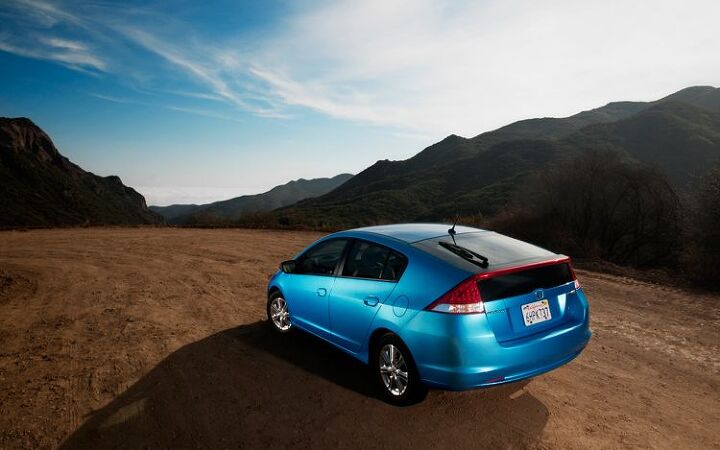














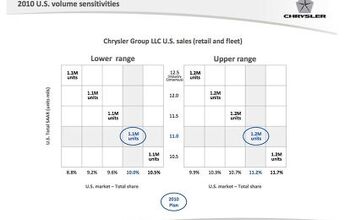
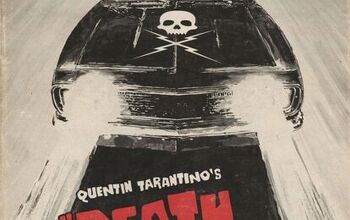
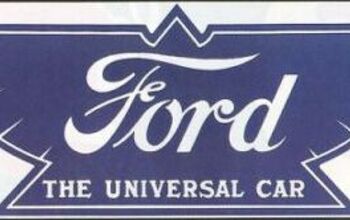
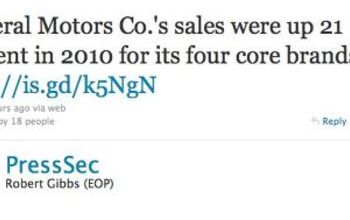
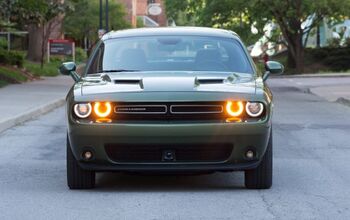







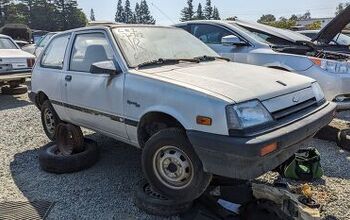



Comments
Join the conversation
Here's my final comment on this thread: We own a 2002 CR-V bought new. Also a 2004 Impala, also bought new. We are maintaining both vehicles by the book - exactly. So far, both have a couple of niggling issues: the passenger temp control light on the Impala has gone out. The climate selector control light on the CR-V has also gone out. On both cars the entire control must be replaced. We elect not to do this, as it doesn't affect functionality. The CR-V had a sensor on the transmission go out. Cost to fix: somewhere around $150 two years ago. Interior materials scratch easily, cloth upholstery shows burnished wear, but no holes. CR-V has almost 90K miles, and the front end (AWD) needs to be checked out next oil change. The Impala (75K miles) has rear brake rotors that easily warp. Chevy fixed under warranty, twice. I did the last ones, need to do it again. Everything else is what I expected. Interior in good shape. Both cars have had brake jobs and tires. That's about it, but we're older than the normal age on this site, I think, and the older you get, your driving habits change. I drive the Impala, my wife drives the CR-V, for what it's worth. We also own an MX-5 for fun. All our cars are registered on TrueDelta, too. My consensus on this is: The Honda and Chevy are pretty much equal right now. Which car will last longer? I'll let you know.
The Civic, in terms of DSR, did raise up by .8 percent. There were 306 selling days in 2010, as compared to 308 selling days in 2009. If you would read the whole report you'd understand that Honda is not "goosing" the numbers. Also, you fail to mention that overall Acura sales as a whole were up 27 percent, they sold almost 28,000 more units this year than last year. I mention this mainly because in all the other 'year end sales report' articles you mention specific percentages. You also don't mention in this article how Honda attracted more retail buyers this year than last year (I had to read another article, to read that Honda's percentage rose - or did it stay the same? The numbers between articles don't seem to match up.). Nor do you mention how Honda typically has the lowest rental/fleet sales of any brand. But hey, you made fun of Acura's exterior styling!